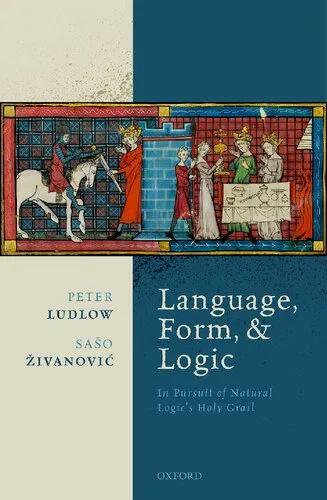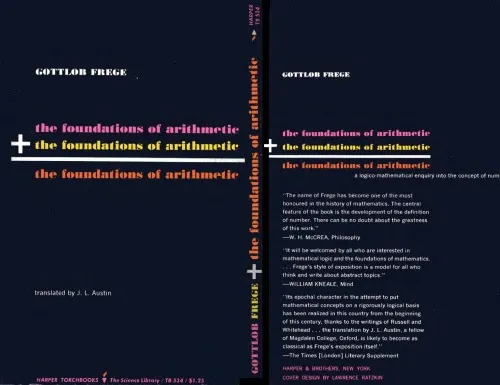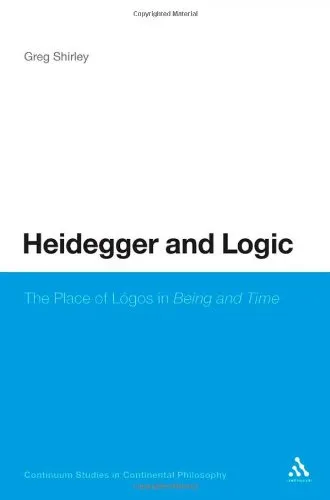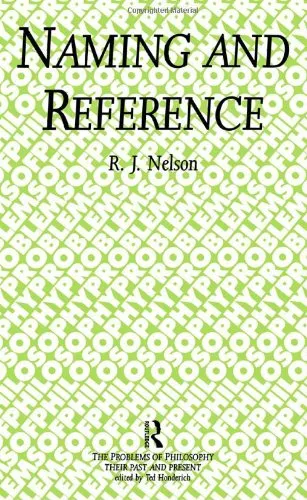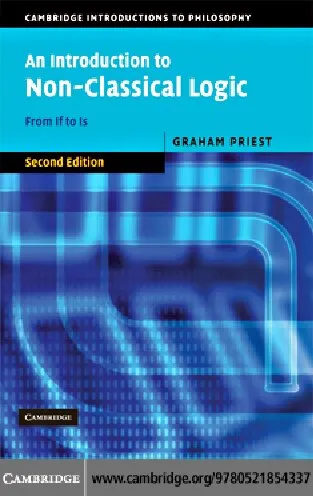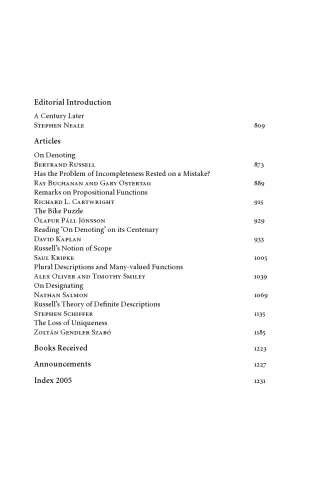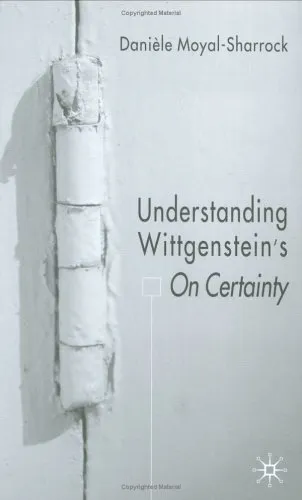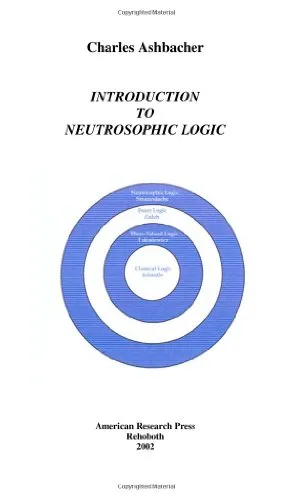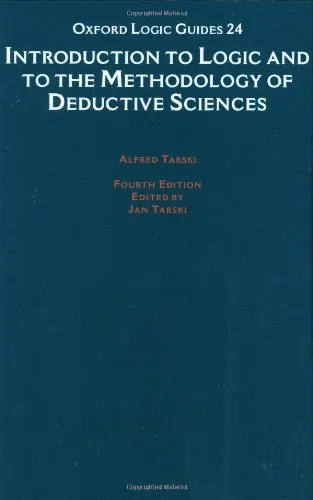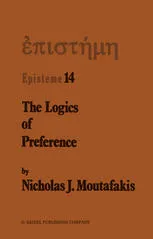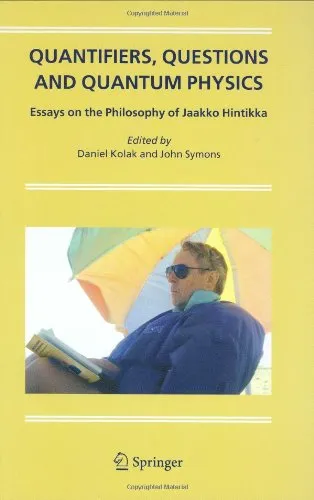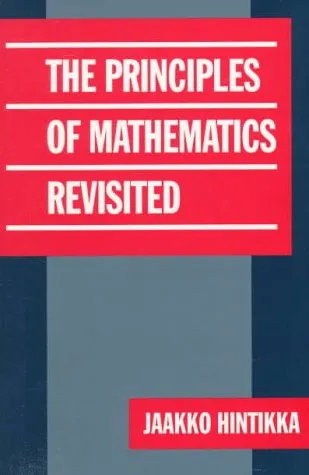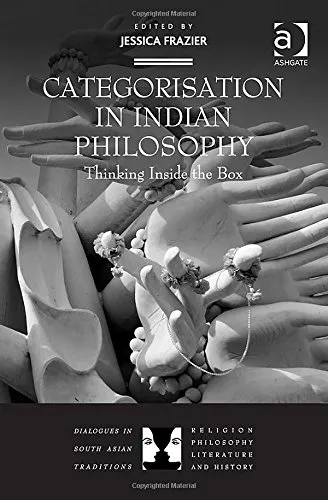Language, Form, and Logic: In Pursuit of Natural Logic's Holy Grail
4.5
Reviews from our users

You Can Ask your questions from this book's AI after Login
Each download or ask from book AI costs 2 points. To earn more free points, please visit the Points Guide Page and complete some valuable actions.Related Refrences:
Introduction to 'Language, Form, and Logic: In Pursuit of Natural Logic's Holy Grail'
Language is the cornerstone of human interaction, a powerful tool that has evolved to convey meaning, mediate relationships, and solve problems. Yet, beneath its surface lies a rich tapestry of form and logic—mechanisms that enable coherence, persuasion, and precision in communication. ‘Language, Form, and Logic: In Pursuit of Natural Logic's Holy Grail’ delves into the intricate interplay between these elements, exploring the profound simplicity and complexity that exists within our linguistic structures.
This book is not just about linguistic theory; it is an exploration of the logical frameworks that underpin human communication. By examining phenomena such as inference, meaning, and recursion, it confronts the age-old question: is it possible to construct a "natural logic" that reconciles formal logical systems with the organic, often messy, nature of everyday human language? In doing so, it invites readers to rethink their assumptions about language and logic.
Summary of the Book
The book is structured to take readers on a journey through the foundational concepts of language theory, formal logic, and computational semantics. Beginning with a critical overview of classical formal systems like predicate calculus and propositional logic, it highlights the achievements and limitations of these approaches in capturing the nuances of natural language.
A significant portion of the book is dedicated to exploring how linguistic forms encode logical structures. For instance, it delves into topics such as negation, conditionality, quantification, and modality—concepts central to both linguistic meaning and logical reasoning. Using thought experiments, real-world examples, and mathematical formalizations, the authors argue that natural language is far richer and more dynamic than any existing logical system can fully encapsulate.
As the book progresses, it transitions into the idea of "natural logic," an emergent system that blends the rigor of formal logic with the adaptability of language. Through this lens, it examines contentious issues such as ambiguity, vagueness, and the context-sensitive nature of meaning. By the conclusion, it challenges readers to reconsider the possibility of crafting a unified theory that bridges the gap between formal systems and the organic complexity of actual linguistic exchange.
Key Takeaways
- Language and logic are deeply intertwined but distinct systems, each with its own strengths and limitations.
- Classical formal logic, while powerful, often falls short in fully representing the nuances of natural language.
- Ambiguity and context are not obstacles to understanding but intrinsic features of human communication.
- Natural logic represents an aspirational framework for unifying the precision of formal systems with the fluidity of natural language.
- Advances in computational semantics can potentially bring us closer to understanding the underlying logic of natural languages.
Famous Quotes from the Book
"Language is not merely a medium for expressing thoughts—it is the very architecture upon which reasoning is built."
"True logical precision does not inhibit ambiguity; it learns to live with it."
"The search for natural logic is not the quest for simplicity, but for a system complex enough to embrace human nuance."
Why This Book Matters
‘Language, Form, and Logic: In Pursuit of Natural Logic's Holy Grail’ stands at the crossroads of linguistics, philosophy, and cognitive science, offering a fresh perspective on long-debated topics. In an era of rapid advancements in artificial intelligence and language modeling, understanding the interplay between linguistic structures and logical systems has never been more crucial. By addressing foundational questions about meaning, inference, and representation, this book provides a roadmap for both scholars and practitioners seeking to develop more natural and inclusive models of reasoning.
Furthermore, the work is profoundly interdisciplinary. It bridges gaps between fields, fostering dialogue among linguists, logicians, computer scientists, and philosophers. Whether you are intrigued by theoretical questions or driven by practical applications, this book offers a treasure trove of insights that will inform your perspective and deepen your appreciation of the complexities of human thought.
Free Direct Download
You Can Download this book after Login
Accessing books through legal platforms and public libraries not only supports the rights of authors and publishers but also contributes to the sustainability of reading culture. Before downloading, please take a moment to consider these options.
Find this book on other platforms:
WorldCat helps you find books in libraries worldwide.
See ratings, reviews, and discussions on Goodreads.
Find and buy rare or used books on AbeBooks.
1426
بازدید4.5
امتیاز0
نظر98%
رضایتReviews:
4.5
Based on 0 users review
Questions & Answers
Ask questions about this book or help others by answering
No questions yet. Be the first to ask!
